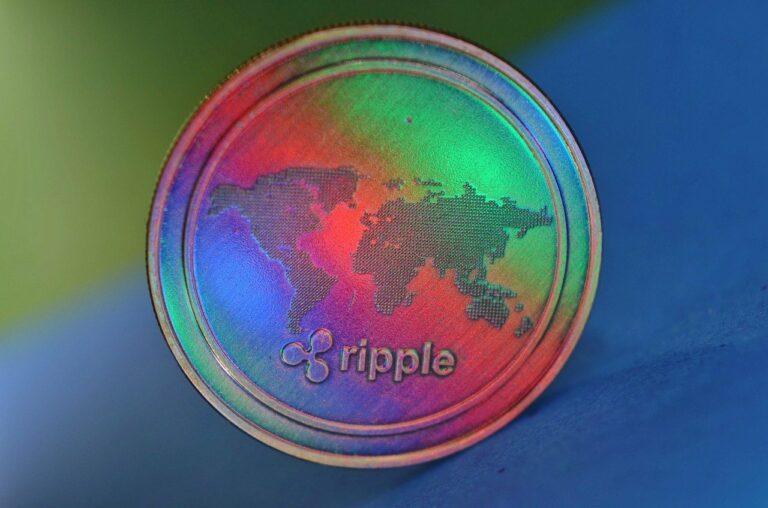On 16 July 2023, Marc Fagel, a Lecturer at Stanford Law School and a former Regional Director (San Francisco Regional Office) at the U.S. Securities and Exchange Commission, said that he believes that both sides in the SEC vs. Ripple lawsuit will appeal.
To recap, the lawsuit initiated by the SEC in December 2020 alleged that Ripple Labs and its executives Bradley Garlinghouse and Christian A. Larsen unlawfully offered and sold securities, contravening Section 5 of the Securities Act of 1933. After a series of hearings and deliberations, Judge Analisa Torres, a district judge at the United States District Court for the Southern District of New York, gave her ruling on July 13, 2023.
As CryptoGlobe reported, according to the ruling, the court granted the SEC’s motion for summary judgment concerning the Institutional Sales but denied it for other matters. On the other hand, the court granted Ripple’s motion for summary judgment regarding the Programmatic Sales, the Other Distributions, and the sales made by Larsen and Garlinghouse. However, the court denied Ripple’s motion concerning the Institutional Sales. As for the SEC’s motion for summary judgment on the aiding and abetting claim against Larsen and Garlinghouse, it was DENIED.
In a Twitter thread started on 13 July 2023, Fagel started by saying that Judge Torres’ split-decision ruling (“the court split the baby”) would be sure to generate widespread debate about the fairness of the split.
Fagel acknowledged the part of the case that crypto enthusiasts are celebrating – the court’s ruling that selling in the open market or secondary market is acceptable. However, he personally finds this part inconsistent with the intent of the securities laws, despite understanding the court’s logic. He argued that the outcome for an investment contract should not be radically different from that of buying stock, where the buyer often doesn’t know the seller. Fagel predicts that the 2nd Circuit might reverse this aspect of the ruling.
Fagel also discussed the Howey test, which is about economic reality. He argued that there is no rational reason for the treatment to be so different in this case. He described the court’s conclusion that no reasonable investor expects profits from a third party because they buy the asset indirectly as a potential reversible error.
Despite having no personal stake in the case, Fagel believes that both sides will appeal and that the SEC has a better than even chance of getting the ruling on the “programmatic sales” reversed. He thinks the SEC would appeal this decision, as the court’s reasoning, if followed, could jeopardize future cases, particularly the pending cases against crypto exchanges.
Bill Morgan, a lawyer authorized to practice law in both Australia and the UK who has been closely following the SEC vs Ripple lawsuit, said yesterday that he agreed with Fagel’s assessment that it was likely that both sides would appeal the summary judgment ruling unless they somehow reached a settlement.
Fagel dismissed the idea of a potential settlement:
Morgan went on to say that even if there is an appeal by the SEC and it wins on programmatic sales, there is no way the XRP token by itself would be declared a security:
Featured Image Credit: Photo / illustration by vjkombajn via Pixabay









